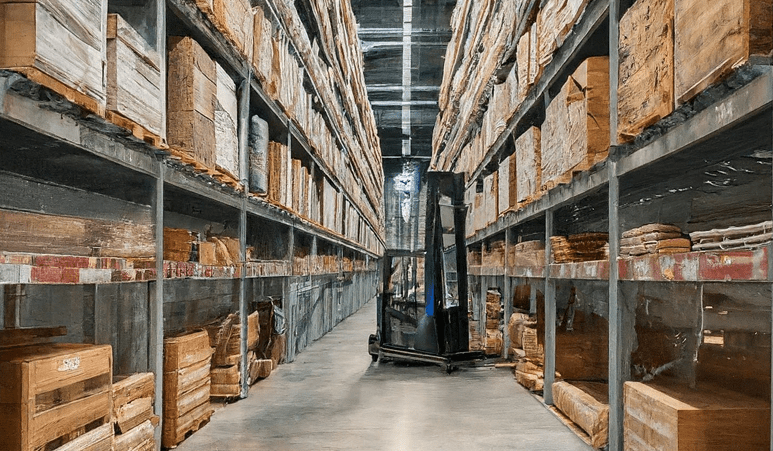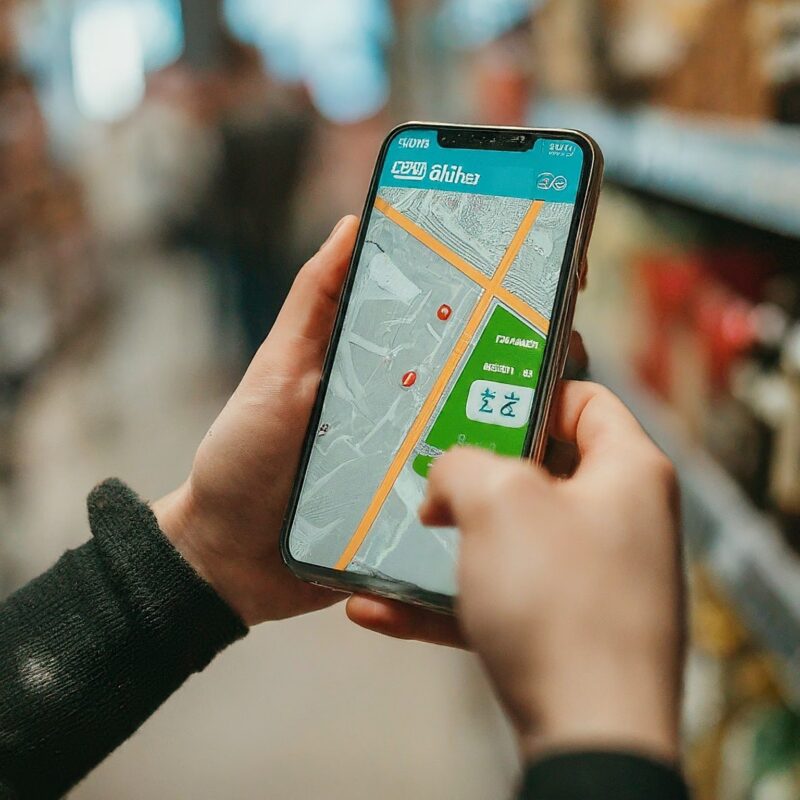
Blog
Elevating Business Precision with Indoor Positioning Systems in Harsh Environments

In today’s fast-paced business landscape, the demand for high-precision indoor positioning has become crucial, especially in challenging environments where traditional Indoor Positioning Systems (IPS) encounter significant hurdles. This blog delves into the issues associated with indoor positioning in harsh conditions, the resulting impacts on businesses, emerging trends in location-based services (LBS), and how innovative IPS solutions, such as Sentrax, can reshape the business landscape. The content also includes a real-world example to illustrate the impact of IPS on operational efficiency and customer satisfaction.
Challenges of Indoor Positioning in Harsh Environments
Harsh indoor environments, characterized by crowded spaces, signal interference, and reflective surfaces, pose unique challenges for IPS. Traditional systems often struggle to maintain accuracy, leading to issues such as:
1. Signal Interference:
Crowded spaces with numerous electronic signals can interfere with IPS signals, causing inaccuracies in location tracking. This interference results in imprecise positioning, frustrating both customers and businesses.
2. Reflective Surfaces:
Indoor settings with reflective surfaces like glass and metal can deflect signals, distorting IPS readings. This complicates the system’s ability to determine precise locations, impacting the reliability of indoor navigation.
3. Crowded Spaces:
High-traffic areas, common in retail stores or airports, present challenges for IPS due to signal blockages and disruptions. Traditional systems may struggle to differentiate between individual users in such crowded settings.
Effects on Businesses: A Ripple Effect of Inefficiency

The challenges posed by harsh indoor environments create a ripple effect across businesses, impacting various aspects:
1. Customer Experience:
Inaccurate indoor positioning can lead to frustrated customers navigating through confusing spaces, resulting in negative experiences and potential loss of business.
2. Operational Inefficiencies:
Businesses relying on precise indoor navigation may face operational inefficiencies. For instance, employees may struggle to locate inventory efficiently, affecting stock management and order fulfillment.
3. Missed Opportunities:
Harsh indoor conditions often hinder the implementation of targeted promotions and personalized experiences, causing businesses to miss opportunities to engage customers with relevant content based on their precise locations.
Addressing Emerging Trends: The Role of IPS in Location-Based Services
In response to challenges, emerging trends in location-based services (LBS) are reshaping business-customer interactions. IPS plays a pivotal role in these trends, providing the granularity required for personalized experiences. The rise of LBS signifies a shift towards more tailored and context-aware interactions, allowing businesses to:
1. Enhance Personalization:
IPS enables businesses to understand the exact location of customers, facilitating targeted and personalized promotions. For example, a retail store can send special offers to customers based on their proximity to specific product displays.
2. Optimize Layouts:
By leveraging IPS data, businesses can analyze foot traffic patterns and optimize store layouts. This data-driven approach helps in creating more efficient and customer-friendly spaces.
3. Improve Operational Efficiency:
Integration of IPS with LBS facilitates streamlined operations. In a warehouse setting, IPS can guide employees to the exact location of items, reducing search times and enhancing overall efficiency.
Illustrating Solutions with Sentrax IPS
Now, let’s shift our focus to a beacon of reliability in the realm of indoor positioning – Sentrax’s IPS solution. Sentrax’s technology addresses the challenges posed by harsh indoor environments through:
1. Real-Time Precision:
Sentrax IPS offers real-time precision, overcoming the signal interference and reflective surfaces that often plague traditional systems. This ensures accurate indoor positioning even in challenging conditions.
2. Dynamic Adaptability:
Sentrax’s IPS is designed with dynamic adaptability, allowing for on-the-fly adjustments in crowded spaces. This flexibility ensures that businesses can maintain accuracy in positioning despite changing environmental factors.
3. Integration with Location-Based Services:
Sentrax’s IPS seamlessly integrates with location-based services, empowering businesses to harness the benefits of personalized experiences. With granular location data, businesses can unlock new dimensions of customer engagement.
On a final note, the challenges of indoor positioning in harsh environments are formidable, but not insurmountable. Sentrax’s IPS solution emerges as a game-changer, addressing these challenges with precision and adaptability. As businesses navigate the evolving landscape of location-based services, the integration of Sentrax IPS becomes a strategic imperative, unlocking new possibilities for personalized experiences and operational efficiency.
Stay tuned as we continue our journey through the transformative realm of high-precision indoor positioning. For More details, Visit Website: Sentrax

